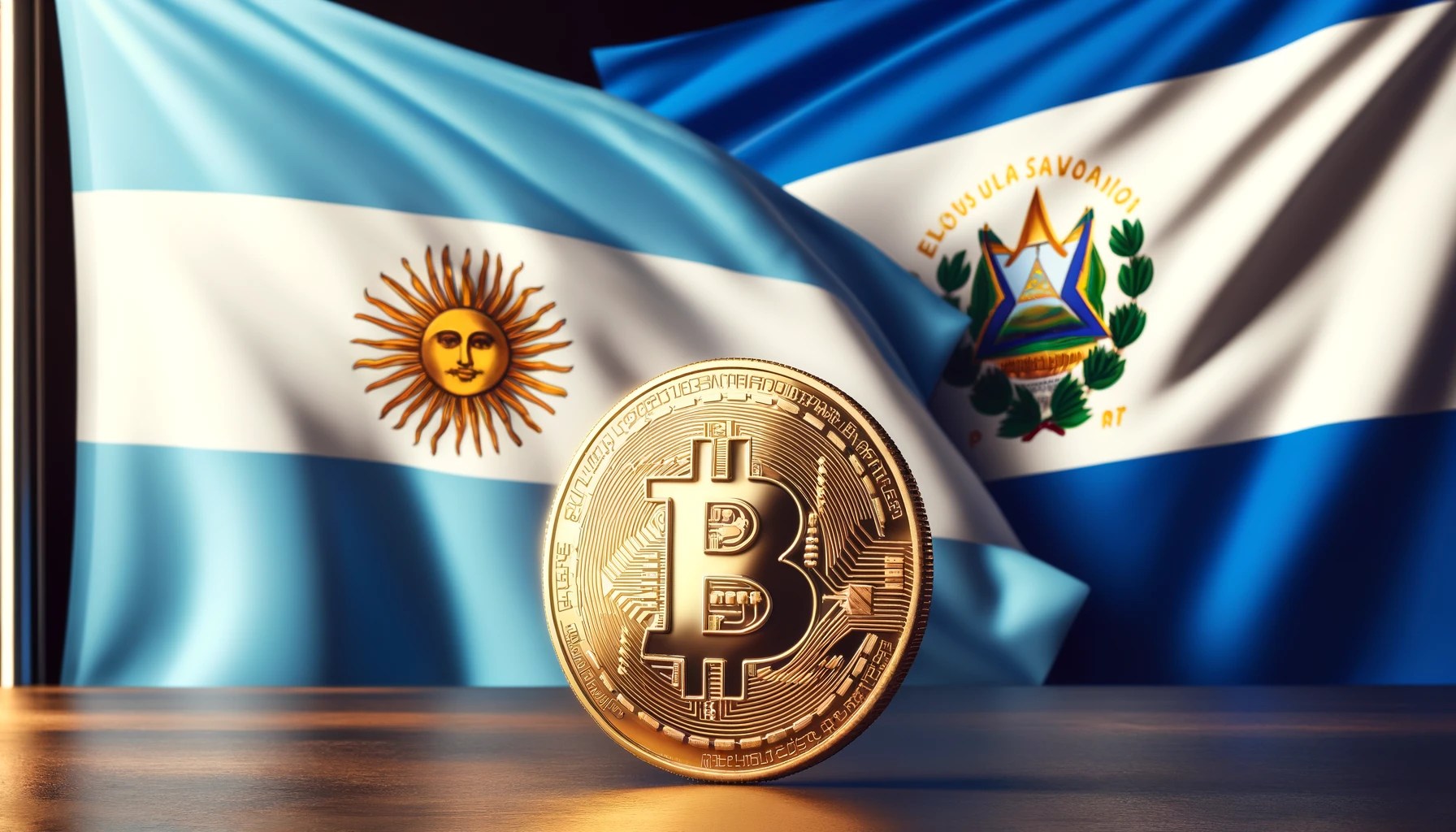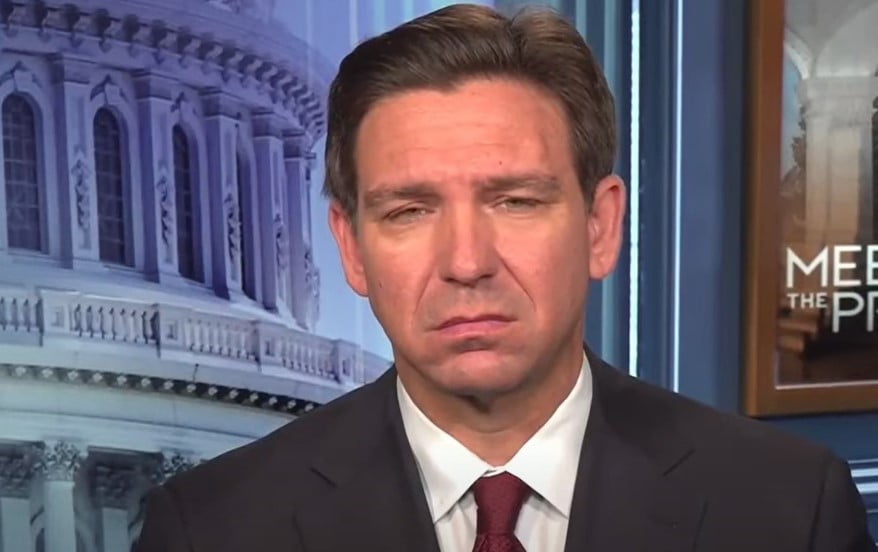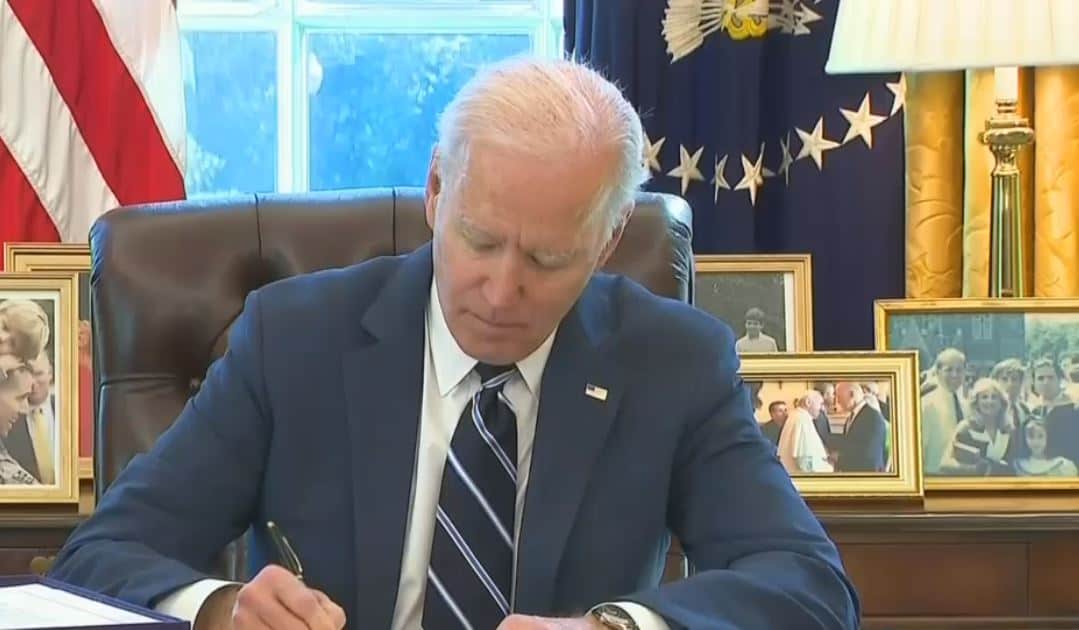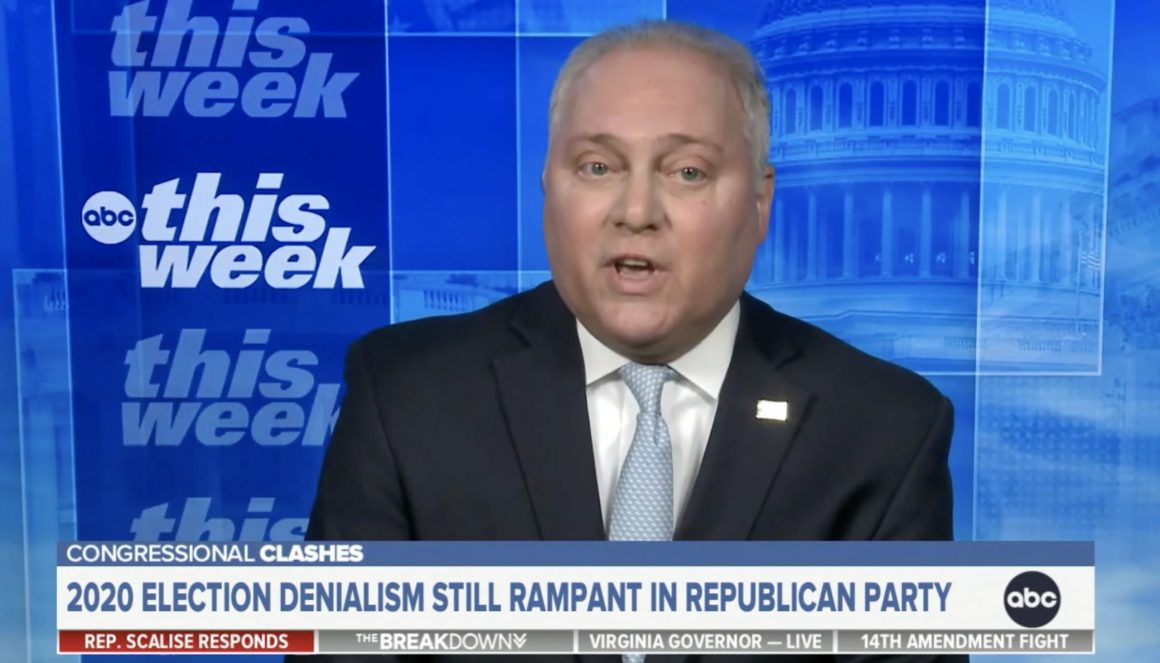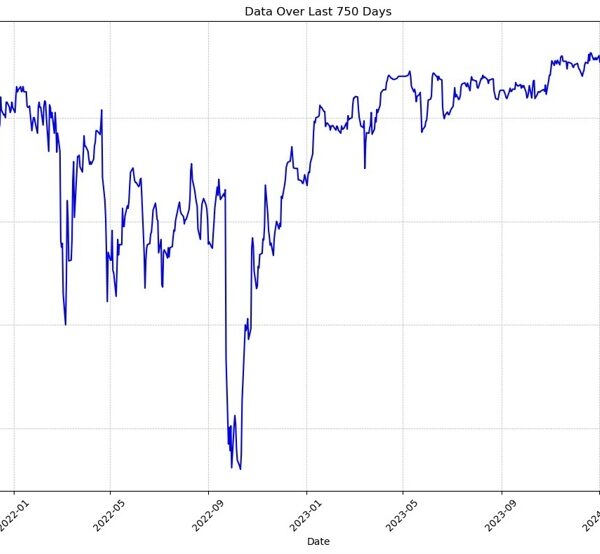
The U.S. Treasury Department could be one of the most effective tools in the fight against terrorist organizations and drug cartels. Through its Office of Terrorism and Financial Intelligence (TFI), the Treasury can impose economic sanctions on these groups and their supporters, including freezing or seizing bank accounts and other assets.
By holding Mexican politicians, military, and law enforcement accountable, the Treasury could effectively combat terrorism, drug trafficking, and illegal immigration. Unfortunately, politics often gets in the way.
According to the US Treasury Department’s 2024 National Terrorist Financing Risk Assessment (NTFRA), “the primary terrorism threat to the homeland comes from individuals in the United States who are inspired by Al-Qa’ida (AQ), ISIS, or domestic violent extremist (DVE) ideologies and who seek to carry out deadly attacks without direction from a terrorist group.”
Many of these individuals are naturalized citizens, green card holders, or illegal immigrants who entered through the Southern Border. Each year, thousands of individuals on the US terrorist watch list are entering the country illegally through Mexico, alongside cartel members and gang members affiliated with cartels. These individuals engage in illegal businesses or fundraising activities in the U.S., with the proceeds flowing back to the cartels and/or terrorist organizations.
Both terrorist organizations and drug cartels rely on a wide variety of illegal funding sources, ranging from drug and human trafficking, arms trafficking, extortion, kidnapping for ransom, and other crimes.
They are also increasingly branching into legitimate businesses, although they conduct these businesses in illegitimate ways, through extortion and corruption. Mexican cartels now dominate the avocado industry and are cornering the market in tortillas.
Meanwhile, Hamas, Iran’s Islamic Revolutionary Guard Corps (IRGC), and other terrorist organizations are now controlling the construction sector, property investment, and municipal building projects in their home countries, with the proceeds flowing through international financial networks open to Treasury sanctions.
Terrorist organizations also receive donations from high-ranking or wealthy individuals who support their causes. Some groups, including Al-Qaeda and the Islamic State of Iraq and the Levant (ISIL), have even used crowdfunding.
Exploiting fake charitable organizations and manipulating international aid channels are other common tactics to funnel money into their networks. In recent years, the rise of cybercrime, including hacking, online fraud, and the use of cryptocurrencies, has provided terrorists with new ways to secure funding.
“Individuals and networks providing various forms of support for Hamas have been active in America for decades.” In the 1960s, individuals within the United States began collecting money for the Muslim Brotherhood of Palestine, which eventually became Hamas.
Groups within the U.S. used donor money to engage in activities such as funding, lobbying, education, and dissemination of propaganda in favor of terrorist organizations.
Terrorism funding received a tremendous boost in the 1980s when many charitable and service organizations, serving as fronts for international terrorist groups, were initially set up to raise funds and recruit fighters for the mujahideen fighting the Soviets in Afghanistan. Factions of the mujahideen later transformed into al-Qaeda.
Other terrorist organizations which have been funded by charities include al-Shabab, whose key leader, Hassan Afgooye ran fundraising activities and operated sham charities to funnel money to the group’s operations.
For his efforts, Hassan Afgooye, has been designated by the Treasury Department, however, al-Shabab continues to receive funding to the tune of $100 million per year which they earn through extortion and from contributions by businesspeople who support their activities. “Al-Shabaab’s revenues are disbursed to other al-Qa’ida-supported groups worldwide and help fund al-Qa’ida’s global ambitions.”
The Hamas Charter states that Hamas is the Palestinian branch of the Muslim Brotherhood, which claimed to be a benevolent society. Before his death in 2022, Sheikh Yusuf al-Qaradawi had been the Qatari link to the Muslim Brotherhood emerging as a most important spiritual authority in the international Muslim Brotherhood movement and the supreme religious authority for the Muslim Brotherhood’s Palestinian branch, Hamas.
He supported Hamas suicide bombings against the US and Israel, through his fatwas, published on Hamas’ website, He established the Union of Good a global charity which was designated by the US Treasury Department for supporting terrorism.
With increased revenues, cartels like the Jalisco New Generation Cartel (CJNG) and the Sinaloa Cartel have significantly boosted their firepower. They purchase high-powered arms, including automatic rifles, sniper rifles, and anti-personnel mines.
More money also allows these cartels to buy political influence, enabling their operations. The U.S. Treasury could intervene by preventing drug revenues from flowing back to Mexico and seizing the accounts of politicians aiding the cartels, as well as those allowing terrorists and cartel members to enter the U.S.
Similarly, international funding for Hamas, ISIS, and other Islamic extremist groups has enabled them to purchase advanced weaponry. Many extremist groups receive funding from Iran, but Hamas is unique among terrorist organizations because it is viewed favorably by some American liberals who, wittingly or unwittingly, contribute money through U.S.-based fundraising activities and international charities.
The Treasury Department is hamstrung by politics. The U.S. government hesitates to impose Treasury sanctions on drug cartels for fear of damaging relations with Mexico.
Similarly, in the fight against Islamic extremist terrorism, there are accusations of racial profiling, as well as Biden’s concerns about losing the votes of U.S. Muslims and the support of undocumented Muslims entering through the Southern Border.
Interestingly, this highlights the need to secure the southern border and sanction Mexican officials who enable both drug cartels and Islamic extremist groups.
The Treasury Department could target these individuals financially without endangering U.S. service members or incurring the high costs of war. Financial sanctions are cheaper for taxpayers, and the seized funds could be used for border security.



